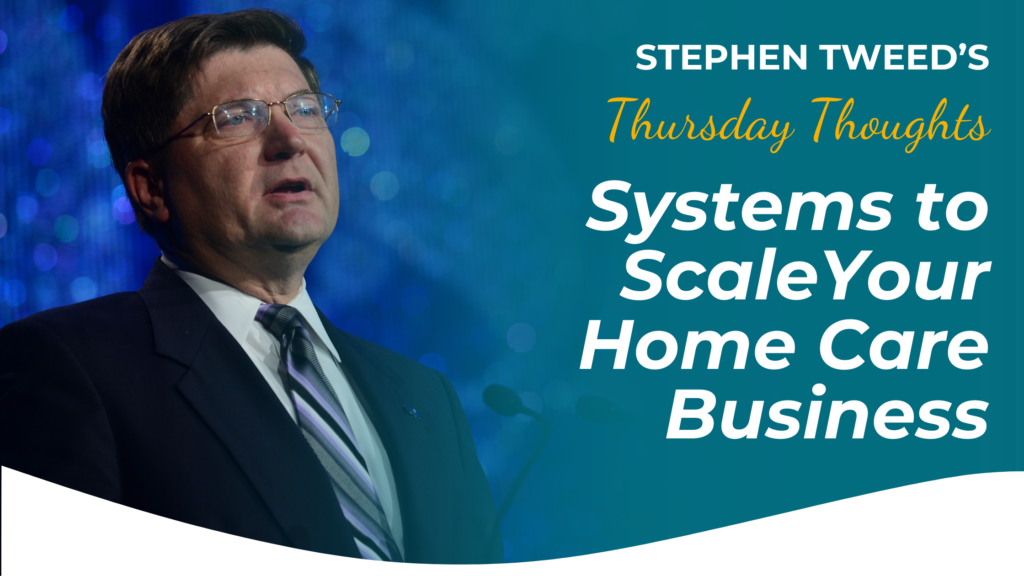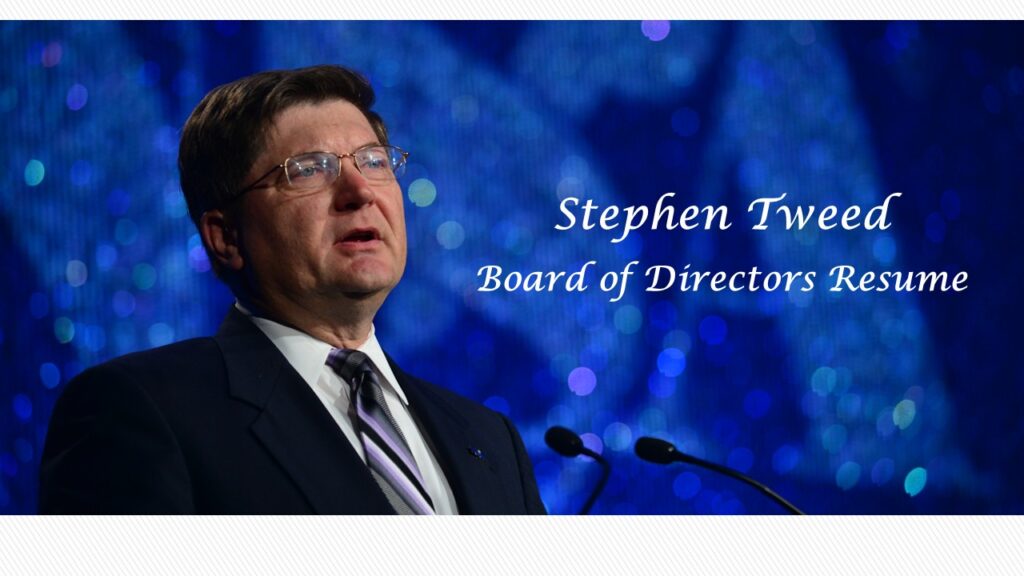Our friend, Colleague, and Co-author Mike Sullivan sent us this article on how to sell your services to older clients. You’ll find this extremely valuable:
Getting to “YES” with Older Clients
By Michael P. Sullivan
Older clients make decisions largely on the basis of intuition and gut reaction. Here’s how you can tailor your presentations about non-medical home care to gain their approval.
Whether we like to admit it or not, the aging process changes us.
As with the senses of vision and hearing, our ability to process information decreases with age. The ability to process information accurately, completely, and quickly peaks in the early 20s and then declines. At age 40, on average, 50% of the inborn level of fluid intelligence-our ability to quickly and accurately process information-has disappeared; by age 60, on average, about 75% is gone.
But the good news is that we compensate for the loss of fluid intelligence with a second form of smarts: crystallized intelligence. That is our life knowledge-what we know from experience. The ability to use that form of intelligence does not decrease with age. In fact, we know more with each passing year.
For providers of non-medical home care, this means we have to handle older clients somewhat differently than we do their younger children. Older clients will understand what you have to say, but you’ve got to present it in a way that suits their stage of life.
Why older clients resist
If you were to be asked what two plus two equals, you would immediately know the answer, virtually without conscious thought; that is crystallized intelligence. On the other hand, if you were asked what 231 multiplied by 963 equals, you would not immediately know the answer, and neither would most other people.
They would have to process the information consciously in order to arrive at an answer. That is fluid intelligence, and with age, starting for many people in their mid-40s, they would make errors in processing and might arrive at the wrong answer.
Give older clients the right information
You will never get a recommendation accepted with clients unless they (1) get enough information and (2) feel comfortable with the amount of time they have to process it. “Enough” will vary for each person, and it is defined in two ways: by quantity and the kind of information the client wants.
Think about the information requirement like this:
People need different amounts of information to feel comfortable making decisions. Information is like water: some people need a glass and others need a gallon.
We regularly work with clients who want to know every conceivable detail, while others simply want top-line information. It’s your job to figure out how much each individual needs.
People need different kinds of information. Older clients generally don’t want very many numbers because they require fluid intelligence to process. Older clients typically need other kinds of information.
Once you have determined their information style, aid older clients using their crystallized intelligence-their experience-as it applies to the investment issue under discussion. Discuss your recommendations in terms of their life experiences. Get to know clients so that you can tailor recommendations to their lives.
Give older clients more time
At age 17, an individual’s ability to process new information accurately, completely, and quickly is about at the peak. At age 60, that capability is very, very low. Yet, 17 year-olds have many more accidents driving automobiles than do 60-year-olds. Why?
The answer, of course, is experience. For the 17-year-old, every potentially dangerous situation is new. He has to think about it and then react. For the 60-year-old, every potentially dangerous situation has been seen many times over. He doesn’t have to think about it; he can just react based on his experience, which has been hard-wired into his central nervous system.
Similarly, an aging investor who uses his life experience will usually be able to make a good decision. But, that often requires the advisor to help him connect that experience with the subject at hand. Make time in your meetings to do that.
Older clients make intuitive decisions
The upshot is that you must remember when you’re working with older clients that they will substantially base their decisions on experience, which manifests itself as intuition and gut reaction. It’s basically a chemical reaction!
When the brain hears a proposition, its neurotransmitters automatically kick in. Chemicals, like dopamine, transmit nerve impulses. When the input is positive-whether it’s more money or a delicious meal-dopamine circuits are activated to different degrees. The amount of “yes juice” an individual produces in response to any individual reward is a function of his or her past experience and biology.
7 Quick Tips
Life experience is an amazing teacher, and older clients have a lot of it. So when working with them to meet their financial goals, keep these tips in mind:
1. Don’t rush seniors into a decision.
2. Check in often during the conversation to make sure they are with you.
3. Ask them how much they need to know.
4. Don’t inundate them with extraneous information.
5. Don’t focus on numbers if it’s not their style.
6. Show respect for their life experience.
7. Tie your suggestions to their life goals.
Remember that in non-medical home care, you’re selling peace of mind, quality of life, and independence. Tap into the intuitive decision making of your older potential clients.
Mike Sullivan is a well-known consultant/trainer specializing in selling to the affluent 50-plus market. He has worked closely with Leading Home Care as an expert on selling to Bank Trust Officers. He is co-author with Stephen Tweed of “Increase Your Income Selling to Bank Trust Officers and Other Trusted Advisors.”
His consultancy, 50-Plus Communications Consulting, provides value-added materials focused on sales to Baby Boomers and older customers principally through sales managers of financial institutions. For more information, call Mike at (704) 554-7863, e-mail him at Mps50plus@aol.com or go to his website Graymoney.biz.




